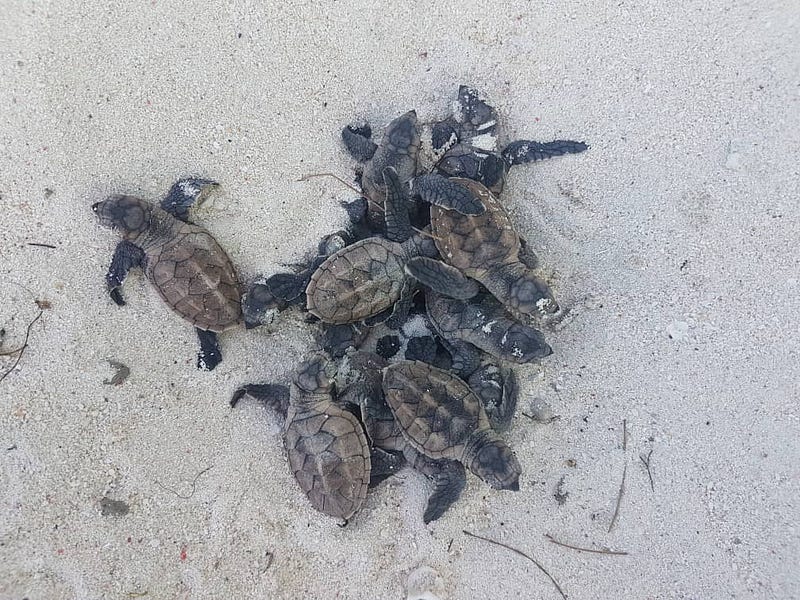LATEST BLOGS

Keep Supporting Conservation
By Terry Smith | Blog | 1 Jun 2020
In these strange & unprecedented times, it's the remote areas with a direct influence on marine conservation which are suffering.

I say this in the sense that each community has a direct influence on its marine environment. It doesn’t matter if you live in a high-density city or a remote community with 20 people. What you do with your waste will always influence the marine environment. Some might disagree with this as “developed cities” have recycling programs in place. Yes, that’s true some do but the majority do not. The rejection of plastic recycling last year by the largest recycling nation China means that countries needed to change. Did they meet that change?
I live in Australia & for such a nation with such dedication to sorting our waste into the red or yellow bins, you would think that we are leading the way. Unfortunately, this is not the case. We don’t have the infrastructure to really deal with local councils dividing the waste into recycling projects & then recycling them back into the economy. Much the same as many other developed nations. I digress a bit here but if Australia a considered developed nation, which has a recycling program in place, which its citizens, “do the right thing”, but due to the limiting of process plants for waste recycling, the collectors dump the recycling into landfill & chances are it will land in the ocean, how can developing nations expect to reuse, recycle & ultimately reduce their waste? This leads to the conservation organisations & initiatives that are in place pre-COVID-19.
Chances are these organisation & initiatives had a head office in a “developed country” that offered guidance, funding & a solution to protecting the marine environment which included waste management.
This unprecedented event shows which organisation & initiatives have been set up correctly without being top-heavy from the “developed country’s” influence. Don’t misunderstand me when I say this, these organisations & initiatives are very dedicated & focused on helping local environments but when the money is not there they will fold. The communities have gone back to the way they were before such involvement.
This now lack of development & support takes a strain on such comminutes. Chances are that the majority of these remote communities are coastal based with a local fishing ground of pristine coral, reef fish life, sharks & sea cucumbers. The majority of these marine conservation organisations is to provide a different income which can support the community so they create fishing grounds which are sustainable, providing the necessary food for the community, which also includes an income. Without this support which has perhaps been running for a few years, the community may be influenced by outside traders to the overfishing of marine species to create the income the community needs.
There are many marine conservation organisations & initiatives which have set up communities to become self-sufficient. They have created ways to deal with waste, created fishing areas that sustain the community & protect the spawning grounds of their fish species.
If you support an organisation or initiative as we do please continue to do that!
You are supporting communities that are marine conservation avocates!
Recent
-
Thailand Arrival - Part 2
10 Apr 2022 -
Thailand pre-travel - Part 1
28 Feb 2022 -
CICI Turtle Conservation
1 Oct 2021 -
Galapagos Whale Shark Project - 2020 Research Trip Report
7 May 2021 -
Scuba Digital Dive Show
19 Oct 2020 -
Conflict Islands Dive Report
1 Oct 2020 -
SunButter Skin Care Partner
18 Jun 2020 -
The Galapagos Whale Shark Project
10 Jun 2020 -
Keep Supporting Conservation
1 Jun 2020 -
The Focus
5 Feb 2020



